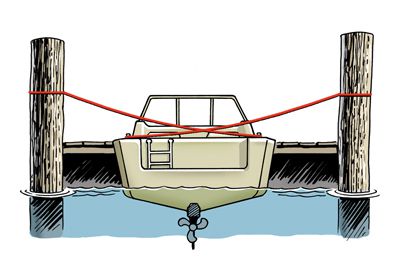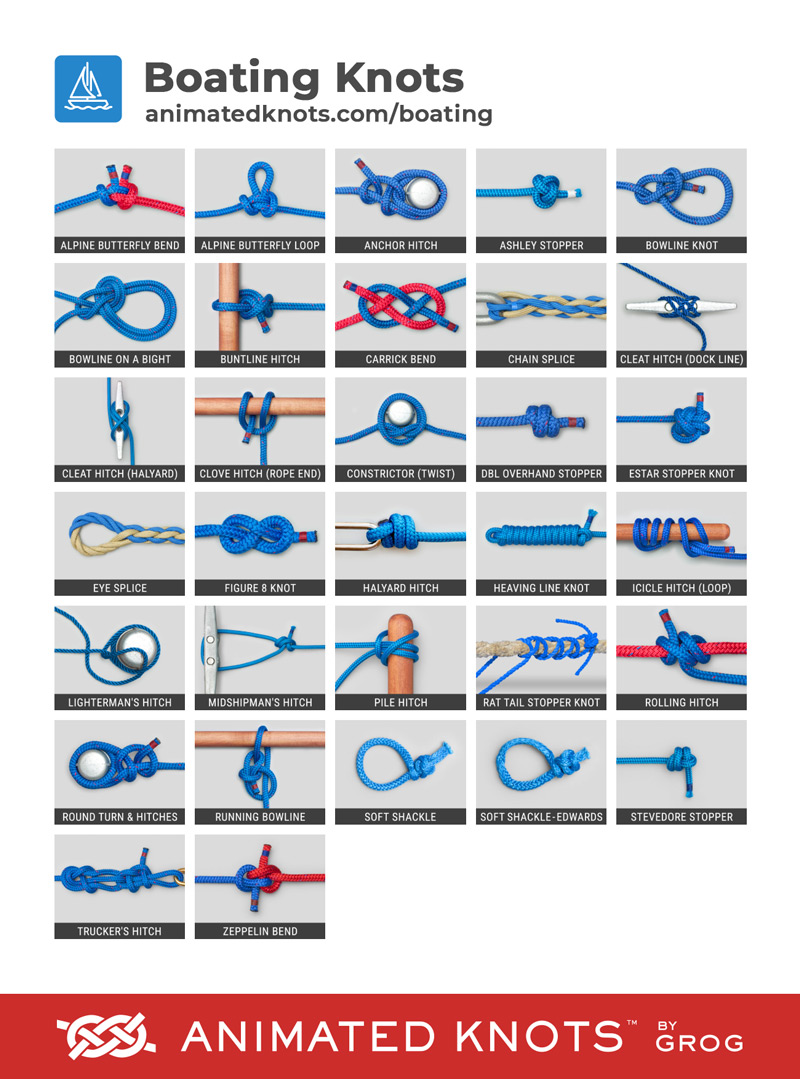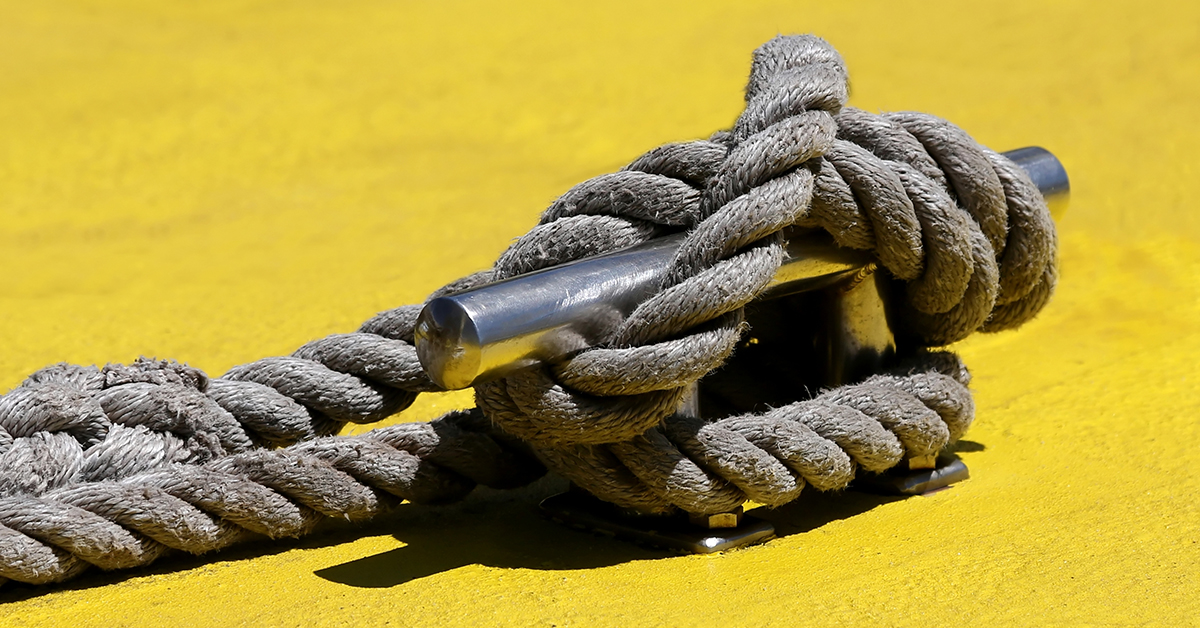

Use a spring line between the center cleat and the dock cleats. Avoid the closest cleats, and you will be able to use longer lines. To make this work, tie the lines from cleats that are the greatest distance possible from the dock. Long lines can handle the changes that come with high tide and increased tension. The key is to use long lines to tie up your boat securely. So, how should you tie up your boat with minimal slack without putting yourself in a tough situation during high tide? You must strike a careful balance between leaving enough slack and leaving so much slack that your boat collides with other boats and obstacles.Įxperienced boaters usually leave minimal slack in the lines to avoid this issue. When tying your boat to a fixed dock, many people think that you must leave a significant amount of slack in the lines to compensate for rising water.
#Tying to a cdock with large tides how to
How to tie your boat to fixed docksįixed docks also include side docks and pier docks. Keep the changing tides as well as the type of dock in mind to ensure that your boat will be safely tied to the dock. How does the type of dock affect your typing method?Īs it turns out, the type of dock that you’re dealing with makes a huge difference in the way you should approach tying off.

Small boats are especially susceptible to becoming stuck under the dock if they are not properly tied. Or, the line could snap, allowing your boat to move wherever the water takes it. Tightly tying your boat at high tide can cause it to hang from the dock at low tide. This is most often the case for small to medium sized boats. What to do if your cleats are below the dock If you tie your boat to the dock at high tide without thought to low tide, your lines may snap, freeing your boat. In extreme cases, your boat may become lodged underneath the dock, resulting in tipping and possibly sinking. When this happens, your boat is much freer to move, which can cause problems.įor example, if your lines are loose, the boat can impact other boats nearby, and it may come into contact with the dock itse f. If your boat matches this description and you tightly tie your boat to the dock at high tide, the lines will become somewhat slack when the water falls during low tide. Are the bow cleats and stern cleats generally above the height of the dock? If so, this scenario applies to you. This is most often the case for large boats. What to do if your cleats are above the dock

Let’s consider a few cases that you may be familiar with so that we can take a look at the proper ways to tie a boat to the dock with the tides in mind. When you tie a boat to the dock, you must be sure that it is tightly attached so that the lulls of the water do not lead your boat astray. The length of the lines that you use and the arrangement of them can make all the difference between coming back to a sunken boat beneath the dock or returning to a boat happily tied to the dock, above water. This information is critical to arranging the lines that will tie your boat to the dock. You must also consider exactly how the tide will change. It’s not enough to merely consider if the tide will change. So, take your time, consider the tides, and properly prepare so that this doesn’t happen to you!Īs you consider the tides, think about whether the water is likely to rise or fall before you return to the boat.Īlso think about the height that the water will change. Obviously, you do not want any of these things to happen!



 0 kommentar(er)
0 kommentar(er)
